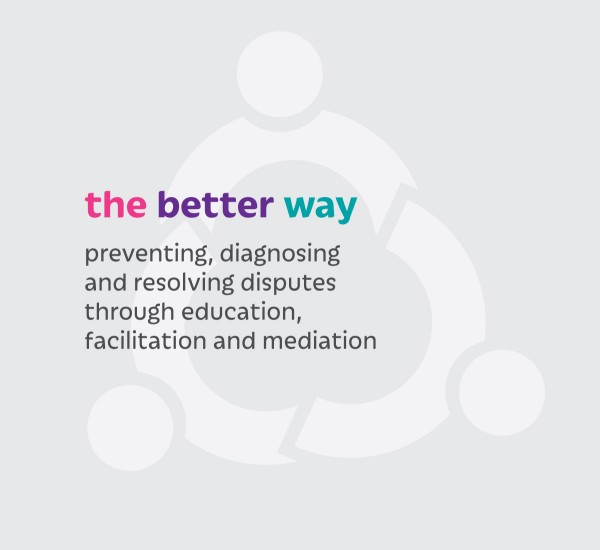Naming the elephant

This week I bumped into a friend who's a psychologist and we got into a discussion about the approach to leaving a problem in the past and moving into the future.
One of the things I like most about mediation is the focus on the future and we were exchanging views on how important it is to recognise what the issue is before we are able to leave it behind.
That may seem like stating the obvious, but he told me that in his work (psycho-therapy) this is a very difficult stage for people - they do not want to admit that there is a problem at all, let alonename what it is.
In my mediation and facilitation work I also find that this is the hardest egg to crack - acknowledging that an issue exists, that there is conflict festering behind a front of strained cordiality - is often a matter of pride. We are embarrassed and slightly ashamed that there is something not quite perfect about our situation - to admit to some kind of dispute feels like we have failed in some way or are not in control.
And yet it is a fact of everyday life - when I talk to people about resolving disputes and about mediation I now ask a different question. I used to begin by asking how many people had been involved in some dispute or conflict in their working lives/ home lives/ social lives and a few people would raise their hands, always sheepishly. Now I ask how many people have never been involved in a dispute and there is a smile of recognition from the entire audience.
Naming the elephant is the key to moving on towards resolution - obvious as it may seem, it's the beginning of the road to recovery.
At the better way we provide training to help prevent and diagnose a dispute early. Our facilitation service helps organisations to identify issues, ‘naming the elephant’ in a way that is constructive and encourages resolution.
